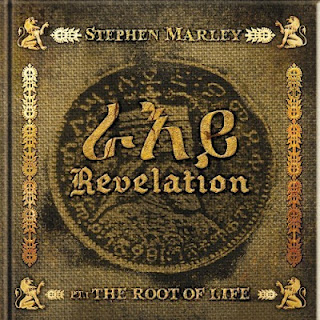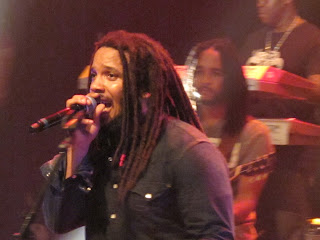 |
| Hailee Araya performing in Sweden |
The city of Lund Sweden
The young Swedish singer has another ancestral home, however - Ethiopia Africa and to those of African descent living around the world.
Released this week, “Diaspora Blues” is a song about “love and respect” for Africa , Araya told SWAN.
“I wrote Diaspora Blues with my mother, and it was a way for me to express my passion for Africa ,” Araya says. “It shows how much I respect what Africa has survived and gone through. When you grow up in Europe , sometimes it’s not the easiest thing to claim your heritage and show how much you’re proud of it, but I want to do that with my music.”
The 23-year-old singer says that there are so many distractions for people of her generation that it’s sometimes hard to cut through the noise.
“There’s a great deal of pressure to deliver and be quick for people of my age, but we’re still looking for meaningful things,” Araya says. “There’s a lot I want to say in my songs, and if I can give something that people can dance to as well, that is what makes me happy.”
She is already attracting an audience. As the opening act for Stephen Marley in Sweden
 |
| Stephen Marley and Hailee |
Araya says she is drawn to reggae because she grew up listening to it, and the music does infuse what she has produced to date. But the album she is currently working on will include Ethio-jazz and R&B, with lyrics that relate stories of the African diaspora.
She grew up hearing these stories from her mother and manager Rahel Haile who fled to Sweden
“Times were very turbulent because of the massive killing and terrorising of the Ethiopian people,” Rahel said. “So all who could send their children out did - most to the USA Europe , like me.”
Rahel adapted to Sweden
 |
| Opening at the Marley show |
“I made sure that both my children can speak their language and understand their culture while they also respect and perform well in the country that they were born and raised in, which is Sweden,” Rahel told SWAN.
“I am myself a Pan Africanist and try to make sure that my children understand and respect what people of African descent have gone through and what our continent has gone trough and not be bitter and angry but engage in any way they can to uplift and work and contribute,” she added.
Rahel moved back to Ethiopia Europe . The experience helped Hailee to develop her Amharic language skills and also to gain an appreciation of her ancestral culture, which the singer says she draws on for her music.
“My background and my heritage form who I am as a singer,” she says. “My mother always told me and my brother that if you don’t know where you’re coming from, you can’t get to where you want to go.”





